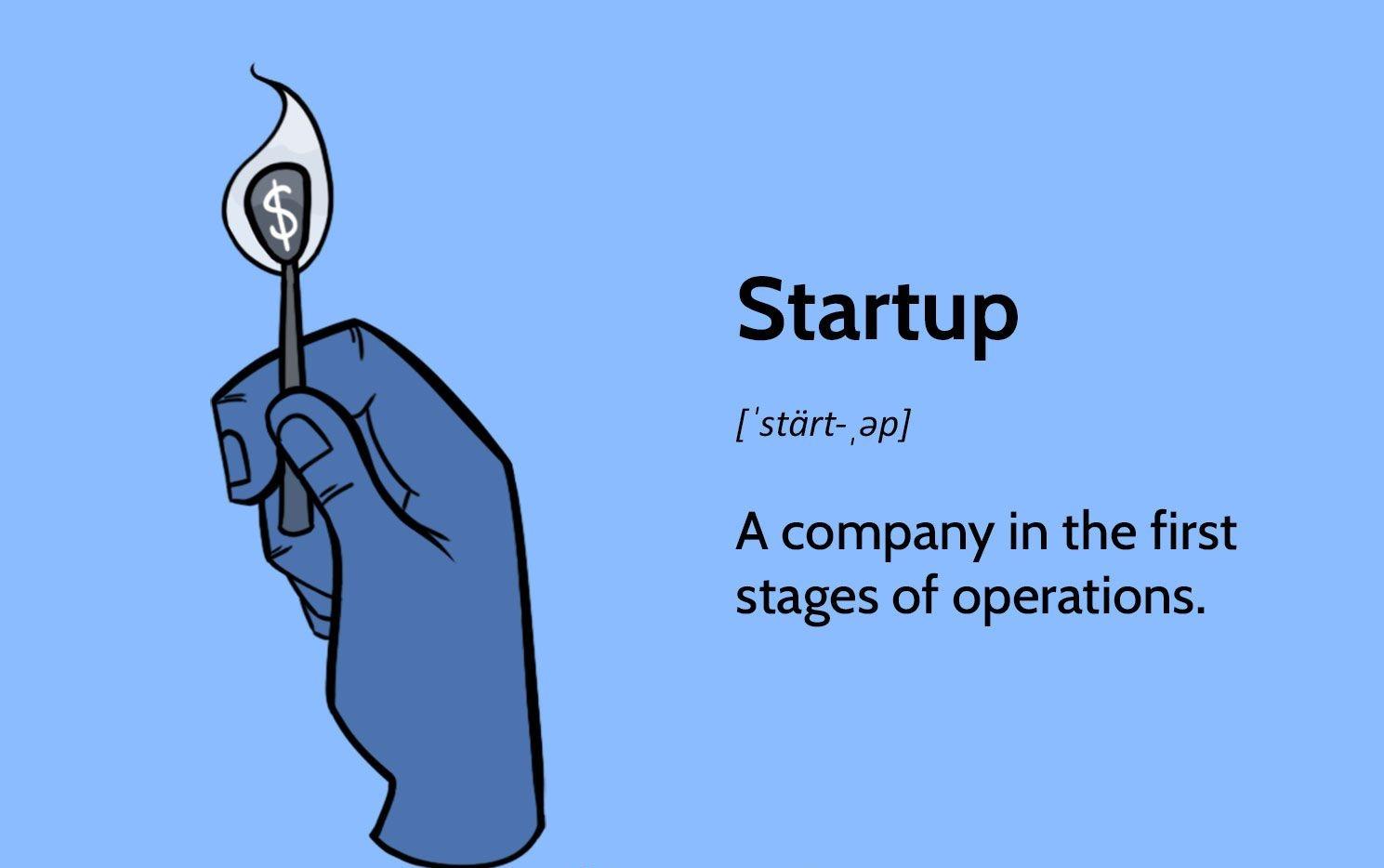Inquire
A Guide for Aspiring Entrepreneurs

In the dynamic landscape of today's business world, startups are the driving force behind innovation, job creation, and economic growth. With the rise of technology and increased access to resources, the barriers to entry have lowered, making it easier for aspiring entrepreneurs to turn their ideas into reality. However, the path to startup success is far from smooth sailing. It's a journey fraught with challenges, uncertainties, and risks. In this blog, we'll explore the essential elements of a successful startup, from ideation to growth, and provide valuable insights to help you navigate these turbulent waters.
-
Idea Generation and Validation:
The foundation of any successful startup is a compelling idea that solves a real problem. Start by identifying pain points in your target market and brainstorming solutions. Once you have an idea, validate it by seeking feedback from potential customers, conducting market research, and analyzing competition. Make sure there's a demand for your product or service before moving forward.
-
Business Plan:
A well-structured business plan is your roadmap to success. It outlines your goals, target audience, revenue model, marketing strategy, and financial projections. It's not just a document for securing funding but a tool to guide your decision-making as your startup evolves.
-
Funding and Resources:
Funding is often a critical factor in startup success. Explore various sources, such as bootstrapping, angel investors, venture capitalists, or crowdfunding, depending on your business model and needs. Additionally, build a strong team with complementary skills and a shared vision.

-
Execution and Adaptation:
Execution is where many startups falter. You need to turn your idea into a functional product or service and bring it to market. Be prepared to pivot if necessary, as market conditions and customer preferences can change rapidly. Flexibility and adaptability are key traits for startup founders.
-
Marketing and Branding:
Effective marketing is essential for attracting customers. Develop a strong online presence, leverage social media, and use content marketing to build brand awareness. Understand your target audience and tailor your messaging accordingly.
-
Customer Acquisition and Retention:
Acquiring customers is just the first step; retaining them is equally important. Provide exceptional customer service, gather feedback, and continuously improve your product or service based on customer input. Loyal customers can become your biggest advocates.
-
Financial Management:
Keep a close eye on your finances. Budget wisely, monitor cash flow, and manage expenses meticulously. Financial stability is crucial for long-term sustainability.
-
Scaling and Growth:
Once your startup gains traction, explore opportunities for scaling and expanding your business. This could involve entering new markets, diversifying your product line, or forming strategic partnerships.
-
Resilience and Perseverance:
The road to startup success is rarely smooth. You'll encounter setbacks, challenges, and moments of self-doubt. Stay resilient, learn from failures, and keep pushing forward. Surround yourself with a support network of mentors and advisors.
-
Ethical Considerations:
As you grow, maintain a strong commitment to ethics and social responsibility. Consider the impact of your business on the environment, society, and your employees. Ethical practices can enhance your brand's reputation and long-term viability.
Building a successful startup is a thrilling and rewarding journey, but it's not without its share of obstacles. The key is to approach it with a clear vision, a well-structured plan, and unwavering determination. Remember that success doesn't happen overnight; it's a gradual process of learning, adapting, and growing. Embrace the challenges, stay agile, and keep your eyes on the horizon. With the right strategy and mindset, you can navigate the turbulent waters of startup success and sail toward a brighter future.


- Managerial Effectiveness!
- Future and Predictions
- Motivatinal / Inspiring
- Other
- Entrepreneurship
- Mentoring & Guidance
- Marketing
- Networking
- HR & Recruiting
- Literature
- Shopping
- Career Management & Advancement


 SkillClick
SkillClick